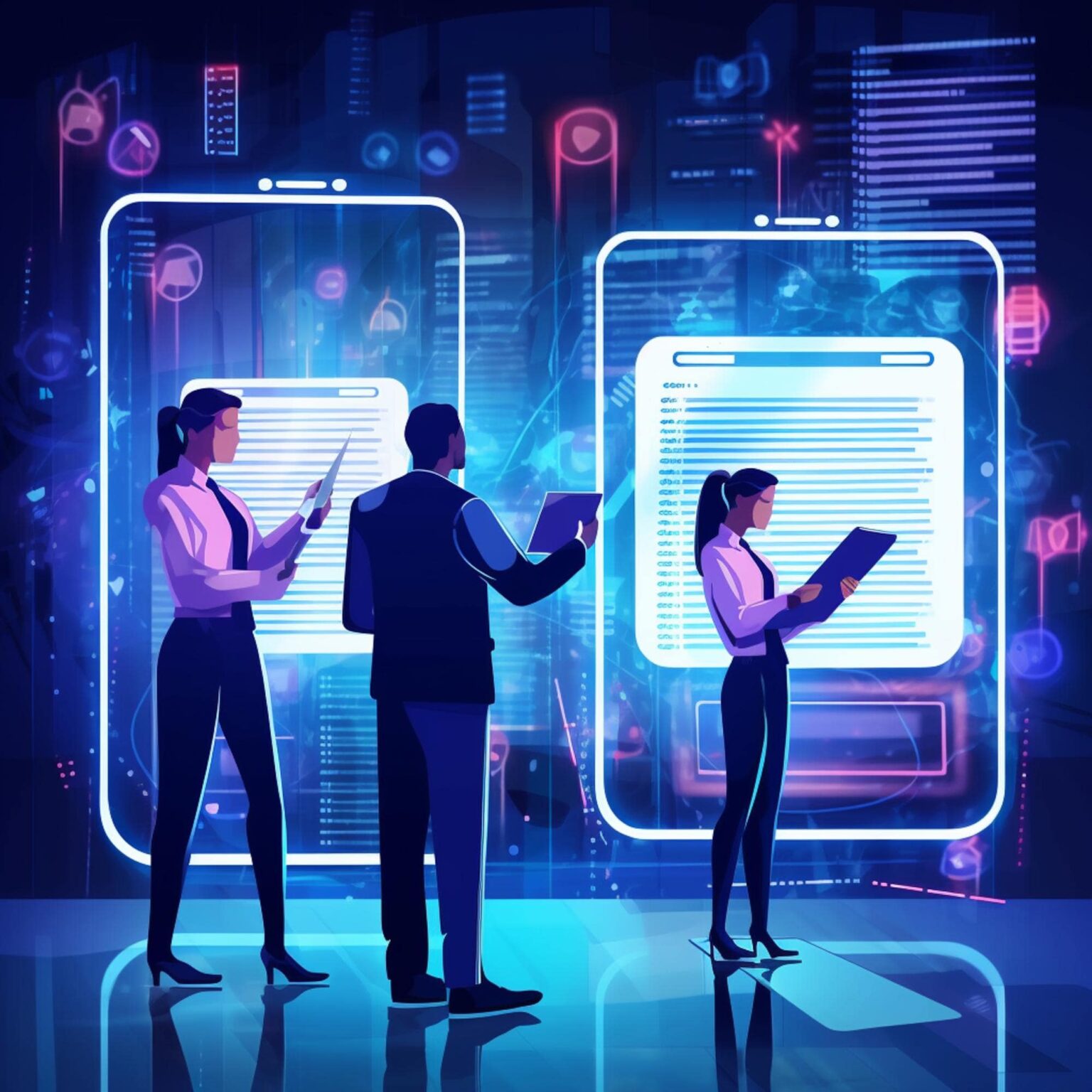The Role of Oracles in Smart Contracts: Ensuring Trustworthy Data Feeds for Decentralized Applications” explores the significance of oracles in smart contract ecosystems, focusing on their role in providing reliable external data to decentralized applications (dApps). Here’s an overview of the key points covered:
Introduction to Oracles and Smart Contracts:
- Definition: Oracles are third-party services or protocols that fetch and verify real-world data from external sources and deliver it to smart contracts on blockchain networks. Smart contracts rely on oracles to access off-chain data necessary for executing predefined conditions or triggering actions autonomously.
- Smart Contract Functionality: Smart contracts are self-executing contracts with predefined rules and conditions encoded on a blockchain. While they excel at managing digital assets and executing logic on-chain, they lack access to external data sources, making oracles essential for integrating real-world events and information into smart contract execution.
Role of Oracles in Decentralized Applications (dApps):
- Data Connectivity: Oracles bridge the gap between on-chain smart contracts and off-chain data sources, enabling dApps to access real-time information such as market prices, weather conditions, sports scores, and IoT sensor data required for executing conditional logic or triggering automated actions.
- Trustworthiness: Oracles play a critical role in ensuring the integrity and reliability of data feeds provided to smart contracts. Trusted oracles utilize cryptographic techniques, reputation systems, and consensus mechanisms to verify data integrity, prevent manipulation, and minimize the risk of data inaccuracies or tampering.
Types of Oracles:
- Software Oracles: Software oracles are software-based services or APIs that fetch and deliver external data to smart contracts. They rely on centralized or decentralized infrastructure to retrieve data from off-chain sources and transmit it to blockchain networks.
- Hardware Oracles: Hardware oracles leverage physical devices or sensors, such as IoT devices, wearables, or data oracles, to collect real-world data and transmit it to smart contracts. Hardware oracles enhance data security, tamper resistance, and reliability by directly interfacing with physical environments and generating cryptographically signed data.
Oracle Design Considerations:
- Security: Security is paramount when designing oracles to ensure the integrity, confidentiality, and authenticity of data transmitted to smart contracts. Secure communication protocols, cryptographic signatures, and data encryption mechanisms protect against data breaches, man-in-the-middle attacks, and data tampering.
- Decentralization: Decentralized oracles distribute data collection and validation tasks across multiple nodes or validators, reducing single points of failure and enhancing resistance to censorship, collusion, and malicious behavior. Decentralized consensus mechanisms such as staking, voting, and reputation systems incentivize oracle nodes to provide accurate data and penalize dishonest behavior.
Use Cases and Applications:
- Decentralized Finance (DeFi): Oracles are fundamental to DeFi applications such as decentralized exchanges (DEXs), lending platforms, and derivatives markets, where accurate price feeds, market data, and asset valuations are essential for executing trades, liquidations, and loan repayments autonomously.
- Supply Chain Management: Oracles facilitate supply chain transparency, traceability, and automation by integrating IoT sensors, RFID tags, and GPS trackers into smart contracts, enabling real-time tracking of goods, inventory management, and automated supply chain agreements based on predefined conditions.
Challenges and Future Directions:
- Data Reliability: Ensuring the reliability and accuracy of data provided by oracles remains a challenge, as oracles may be vulnerable to data manipulation, inaccuracies, or malicious attacks. Ongoing research and development efforts focus on improving oracle security, data verification techniques, and consensus mechanisms to enhance data reliability and integrity.
- Scalability: Scalability constraints pose challenges for oracle networks, particularly in high-throughput environments such as DeFi applications, where the demand for real-time data feeds and low latency is critical. Layer 2 scaling solutions, off-chain computation, and parallel processing techniques are being explored to address scalability challenges and enhance oracle performance.
Conclusion:
“The Role of Oracles in Smart Contracts: Ensuring Trustworthy Data Feeds for Decentralized Applications” underscores the importance of oracles in enabling interoperability between blockchain networks and external data sources, facilitating the adoption and functionality of decentralized applications across various industries and use cases. By providing reliable data feeds to smart contracts, oracles enhance the automation, transparency, and efficiency of decentralized ecosystems, paving the way for the widespread adoption of blockchain technology and decentralized finance in the digital economy.



